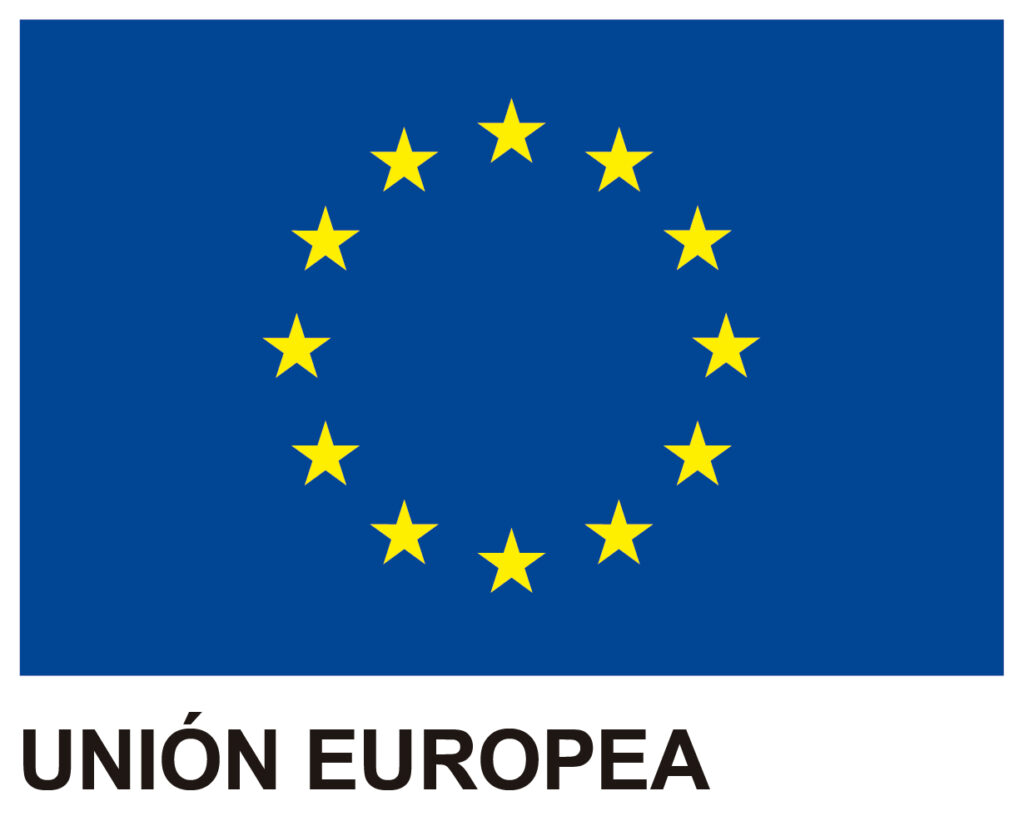Objectives of Internal and External Auditing
What is the importance of auditing an organization?
Audits are part of business management and their main objective is to control the organization, promote process improvement, and identify possible management errors in accounting, personnel, and even their environmental impact.
Conducting business audits is important as it helps to accurately understand the company’s situation, optimizes its performance, generates trust with potential clients or investors, ensures compliance with legislation and detects failures, risks, and fraud.
Generally, when we talk about auditing, we refer to financial auditing, which is a complete and in-depth analysis of business accounting that justifies the declaration of income and expenses. However, there are audits that examine other areas of the company such as its organization or the information systems it uses.
Types of Audits: Internal and External. What are the Differences?
An audit can be both internal and external, and their main differences lie in the nature of the auditor. Additionally, there is a third type of audit which is public, carried out by public bodies and whose work falls to the Court of Auditors of Spain.
External Audit
External audits are carried out by auditors outside the company. These can be from other companies within a business group or external auditors hired by the company itself.
In an external audit, a deep analysis and control is carried out to evaluate the correct functioning of the company within its regulatory framework. As a result, the external auditor presents a series of improvements and deviations to be implemented in the organization to meet the pursued objectives and based on legality.
However, it’s not only companies that seek to know their situation. External audits also help potential investors, clients, or suppliers to understand a company’s activities, control of resources used, and proper legal compliance.
The main objectives fulfilled by an external audit are:
- Identify and report possible negligence and non-compliance of the company within the regulatory framework.
- Propose improvements that optimize the management and development of business activities.
Provide security and confidence to potential shareholders or investors. And attract new capital investments.
Internal Audit
The main objective of internal auditing is to improve the company’s performance by analyzing all its components, departments, and their functioning.
Internal audits are carried out by resources from the same company and their conclusions should be useful for managers, executives, and business partners, as they are the ones who will intervene in decision-making. However, internal audits can be carried out by external specialists if the company does not have specific personnel to whom it can entrust this task. Regardless of who performs the company’s internal audit, they must adhere to impartiality and objectivity.
These types of evaluations are not mandatory, although they are recommended practices as they provide significant data on the business structure and the situation it is in. Furthermore, conducting an internal audit is a way to ensure that the organization is fulfilling its functions in each area to achieve business objectives.
A well-executed internal audit helps to meet the following objectives:
- Optimize the internal functioning of the organization
- Promote business security and productivity
- Plan action protocols according to each area or at a general level
- Evaluate operational, accounting, and financial controls
- Control the company’s stock and inventory
- Produce reports that report irregularities and infractions
Importance of the Internal Audit Team in the Company
Having qualified personnel with knowledge to conduct audits within the company is essential, as it is the way to verify compliance in these evaluations. The internal audit team is an increasingly relevant body within companies that both clients and potential investors take into account when getting involved in the organization’s activities.
For the proper functioning of an audit carried out by an internal team, auditors must meet certain qualities and technical competencies, and have adequate training. However, these are not the only requirements, as a good internal auditor must develop their role with integrity, independence, and without their interests interfering with the correct execution of the audit.
Main Requirements of a Good Audit
The principles of any audit must be governed by a series of essential requirements to ensure that the conclusions drawn are objective.
- Ethical conduct that guarantees the integrity and confidentiality of the audit.
- Impartiality
- Professionalism
- Independence
- Evidence of the conclusions drawn, through information that justifies the evaluation carried out.
A good practice to know if an audit has been carried out rigorously is to conduct two audits or consider two or more auditors working independently. If the conclusions they reach are similar, they will guarantee an effective, impartial, and complete audit.
Functions of Audits:
An audit can pursue a specific objective within a company, evaluating compliance with certain processes or in accordance with certain laws, norms, or policies that the company must comply with.
Examples of these types of audits can be:
- Information security audit.
- Quality audit.
- Personal data protection audit.
- Compliance audit.
Although the function of these audits is limited to a specific scope, this does not mean they have less value or that the requirements of objectivity and independence of the audit team should not be met.
Likewise, the results obtained must be elevated to the corresponding management level, in order to make appropriate decisions on the audit findings reflected in the reports.
At GlobalSuite Solutions, we have audit services with a team of expert consultants in implementing, auditing, training, advising to certify and accredit all types of companies and organizations in legal compliance and other certifications such as ISO 27001, ISO 14001, ISO 3100, and ISO 22301. Additionally, we have the GlobalSuite® software that guarantees time and cost savings in carrying out audit work in a collaborative environment with complete monitoring.



